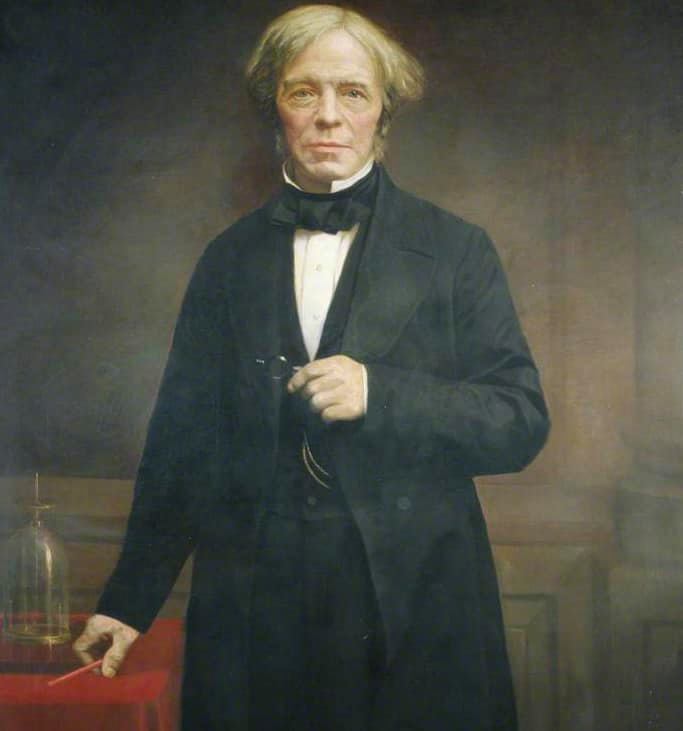There are no products in your shopping cart.
| 0 Items | £0.00 |


Ayo Akinfe
(1) Has it never bothered everyone that the United Nations and other International development bodies talk a lot about getting everyone food and abolishing poverty but no one ever talks about getting everyone access to electricity. If everyone has power, they stand a greater chance of being lifted out of poverty
(2) When I read about all these millennium and social development goals, one item conspicuously missing is how to make electricity available to every human in the near future. People without electricity are more likely to live on less than $2 a day than those with constant supply
(3) Known as the Father of Electricity, Michael Faraday tore up the rule book in 1832 when he completed a series of experiments aimed at investigating the fundamental nature of electricity. If he was around today, I trust he would have found a way to resolve this issue of darkness in the developing world
(4) In Nigeria, the world’s largest black nation, only 56.5% of the population have access to electricity. In Rwanda, the figure is 34.7%, in Sierra Leone it is 26.7%, in Ghana it is 82%, in Ethiopia it is 45%, in Eritrea it is 49% and in DR Congo it is 19%
(6) Across Europe, the figure is now 100%. Every hamlet and village is connected to a grid of some sort. Even the most remote parts of rural Russia have electricity, which proves that the problem is not technological
(7) We talk a lot about generation but from what I can see, the biggest problem is transmission and distribution. In the case of Nigeria for instance, we generate 7,000MW but can only distribute 4,000MW. Also, do you know that the River Congo can provide one eighth of all Africa’s power needs thanks to its rapids, yet only 19% of DR Congo’s population has access to electricity
(8) What I have in mind with this Michael Faraday Week is for Nigeria to gather all of the world’s electricity transmission and distribution companies in Abuja and get them to commit to an African electrification programme. Get the UN to back the scheme with a pledge to ensure 100% electricity connectivity by say 2025
(9) As we speak, many African nations like Nigeria are building hydro-electric and gas-fired power plants as well as opening solar farms. However, no one is addressing how what is generated will be distributed. In the case of Nigeria for instance, the state monopoly Nepa was broken up and privatised but alas, these distribution companies were sold to political cronies and not industrialists. As a result they were not invested in, equipment was not replaced and there was no investment in new facilities
(10) Has anyone actually costed an Africa-wide electricity distribution programme? I doubt it will be more than $100bn, which is less than the post-Covid-19 loans African nations are currently taking from the World Bank and IMF at the moment. A well structured distribution plan based on a sub-regional template should be able to do the trick. We need to have this discussion now!